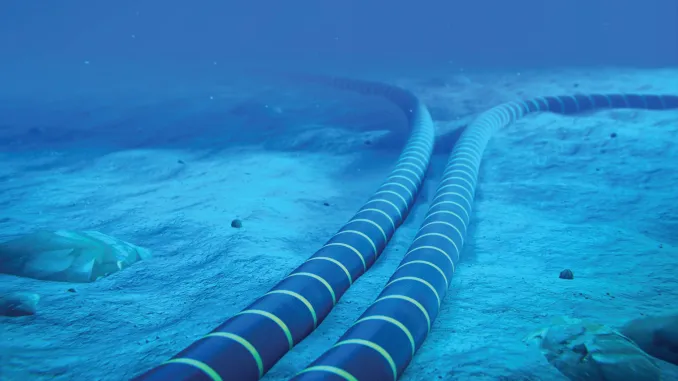A dozen countries across Africa suffered a major internet outage on Thursday as multiple undersea telecommunication cables reported failures, network operators and internet watch groups said.
The MTN Group, one of Africa’s largest network providers, said the ongoing disruptions were a result of failures in multiple major undersea cables.
“Our operations are actively working to reroute traffic through alternative network paths,” the South African company said. Network disruptions caused by cable damage have occurred in Africa in recent years. However, “today’s disruption points to something larger, and this is among the most severe,” said Isik Mater, director of research at NetBlocks, a group that documents internet disruptions worldwide.
NetBlocks said data transmission and measurement show a major disruption to international transits, “likely at or near the subsea network cable landing points.” The cause of the failure was not immediately clear.
There were fears of disruption of essential services in worst-hit countries like Ivory Coast, where the disruption was severe. Africa leads mobile device web traffic worldwide, with many of the continent’s businesses relying on the Internet to deliver services to their customers.
The West Africa Cable System (WACS), the Africa Coast to Europe (ACE), SAT-3, and MainOne were among the system cables that observers said were affected by Thursday’s outage. Internet analysis firm Cloudflare reported a pattern in the timing of the disruptions that heavily impacted at least 10 countries in West Africa, including Ivory Coast, Liberia, Benin, Ghana, and Burkina Faso. Vodacom, South Africa’s mobile operator, also reported “intermittent connectivity issues due to multiple undersea cable failures.” Namibia and Lesotho were also affected.
The impact from such cable failures worsens as networks attempt to route around the damage, potentially reducing the capacity available to other countries, said Mater with NetBlocks. “The initial disruption may be a physical cut, but subsequent issues could be technical,” said Mater.
Credit: AP






















